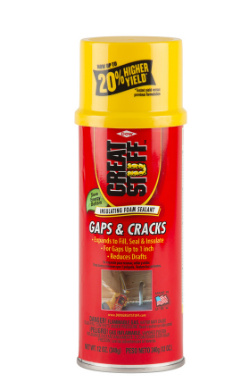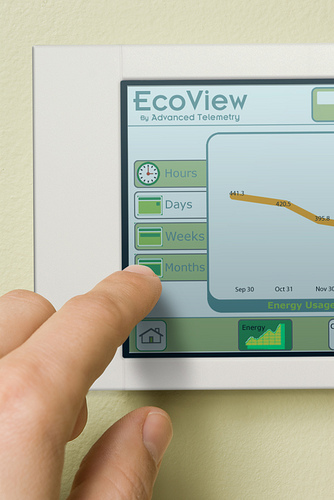Utility costs have started to rise once again after giving us a bit of a break over the last year. And so this year you may find that you are spending more on electricity and natural gas once again. Instead of shivering in the winter and sweating it out in the summer, there are some simple actions that you can take to help reduce your home’s energy consumption. These actions are great investments in your home and comfort.
Air Seal Your Home

Speaking of Windows; they are one of the biggest sources of energy loss. If you have single pane windows you really should consider upgrading to double pane or adding storm windows. It can easily reduce your energy usage by as much as 30% and although replacing windows can be expensive they can often pay for themselves in as little as 2-3 years.
Add Insulation
Adding insulation can help to reduce unwanted heat exchange with the outdoors. Find out if your home has the recommended r-value of insulation based on the materials your home is made of and its geographic location. “R-value” is the capacity of an insulating material to resist heat flow. The higher the R-value, the greater the insulating power. In addition to R-value there is air infiltration as mentioned above, if your walls allow air to pass through even if you have the proper insulation the air can still carry the heat away. For this reason, all new houses are required to have an air barrier like “Tyvec” wrapped around it before the final siding is applied. Although there is some argument that Tyvec is actually more of a vapor barrier than an air barrier.
Use a Programmable Thermostat
A programmable thermostat allows you to automatically lower the temperature of your home in the winter and raise it in the summer while you are sleeping or away. This does not impact your comfort, but it will lower your energy costs. C B Lucas Heating & Air Conditioning says that according to the Energy Star website, using a programmable thermostat could help you to save as much as $180 per year on energy costs.
Choose Energy Saver Products
When it comes time to replace your appliances, choose Energy Star rated products. These appliances include dish washers, refrigerators, freezers, ovens and water heaters. You could cut the costs of operating each appliance by 30 percent or more each year. When selecting a new air conditioner or heat pump, choose one with the highest SEER (seasonal energy efficiency ratio). Choose a furnace that has a high AFUE (annual fuel utilization efficiency) rating.
Also replacing old style light-bulbs with new L.E.D. bulbs can reduce your lighting costs by up to 90% and last much longer meaning you don’t have to replace them as often. While these bulbs used to be very expensive their costs are coming down and we’ve even seen them in “Dollar Stores” recently.
Home energy costs do not have to break your budget. By making some upgrades to your home and replacing inefficient appliances with more efficient products, you can save money. These actions will also help to keep your home more comfortable.



Pingback: Financial Lessons from Experts like Buffett, Rohn and Schwarzenegger